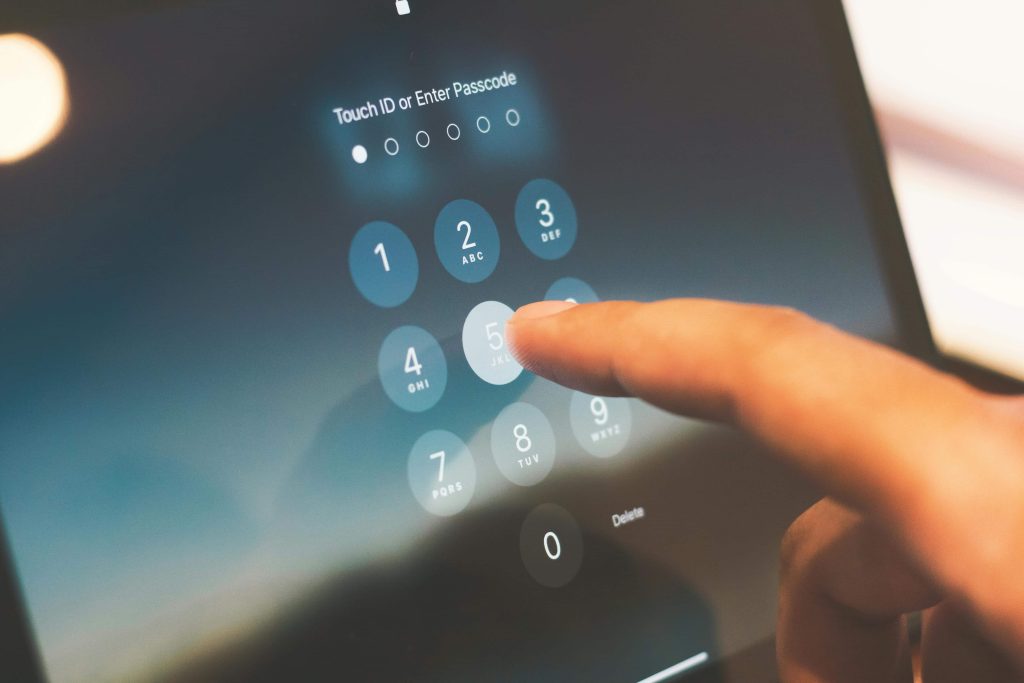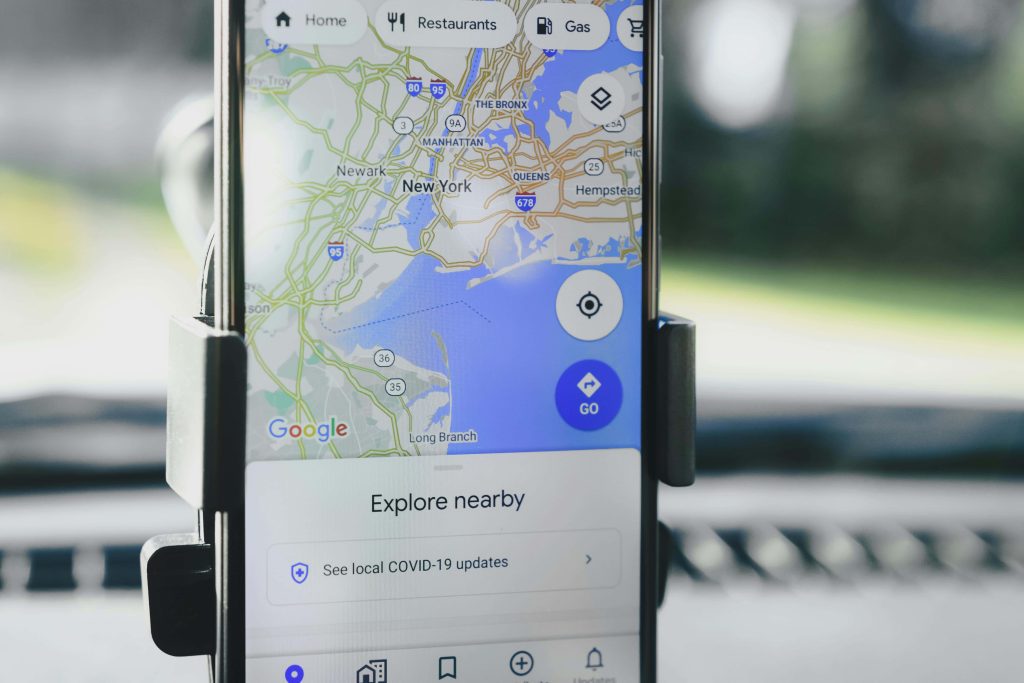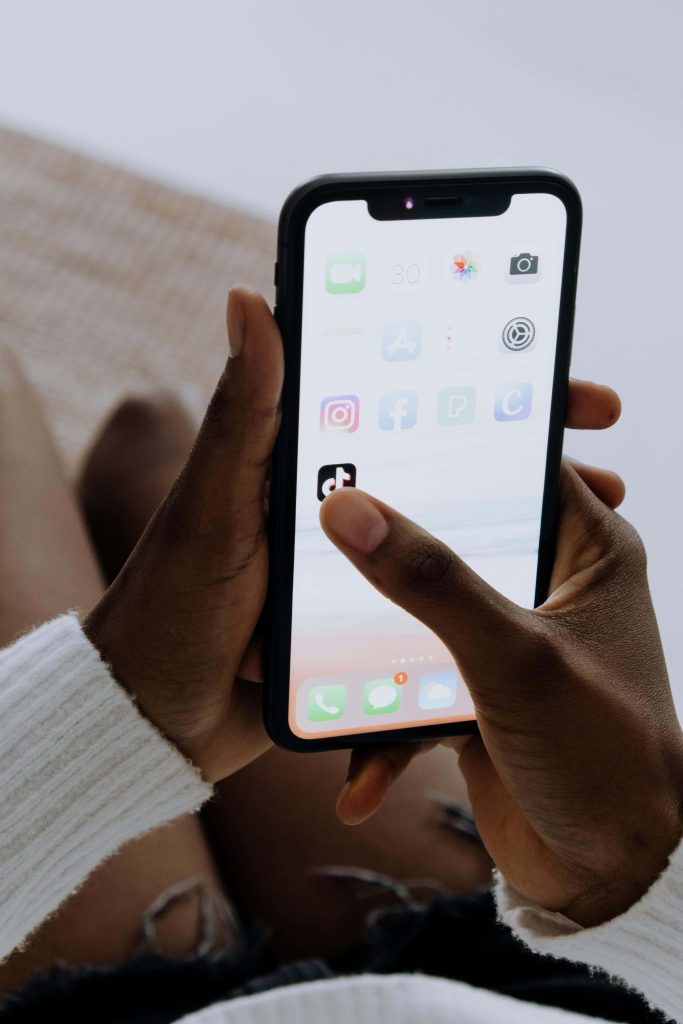
Is your Data Safe? Privacy Concerns in the age of Hyper-personalized AI
The biggest concern nowadays is really our data safe in this AI world?
One of the challenging realities of innovation is that as technology develops, so do the hazards associate with its use.
Tools that improve data collecting and analysis, for instance, also make it more likely that sensitive information and personal data may end up in places it shouldn’t.
Because sensitive data is gathered and used to develop and improve AI and machine learning systems, this specific risk—the privacy risk—is particularly common in the era of artificial intelligence (AI).
The activity of safeguarding private or sensitive data that AI collects, uses, shares, or stores is known as AI privacy.
What is AI Privacy?
Data privacy and AI privacy are closely related. Data privacy, sometimes referred to as information privacy, is the idea that an individual should be in charge of their personal information. The option to choose how businesses gather, store, and use their data is part of this control. However, the idea of data privacy existed before AI, and as AI has developed, so too has public perception of it.
“The majority of individuals considered data privacy in relation to internet buying ten years ago. In an interview uploaded on the Stanford University Institute for Human-Centered Artificial Intelligence’s website, Jennifer King, a fellow, noted, “They thought, ‘I don’t know if I care if these companies know what I buy and what I’m looking for, because sometimes it’s helpful.’
However, King noted that businesses have recently shifted to using this pervasive data collecting to train AI systems, which can have a significant impact on society as a whole, particularly on civil rights.
Understanding Hyper-Personalized AI and Its Mechanisms
Hyper-personalized AI operates by gathering vast volumes of user data from multiple sources—browsing histories, location data, smart device usage, biometric records, voice assistants, and even social sentiment. This data is fed into machine learning algorithms that construct detailed user profiles.
These profiles enable systems to deliver targeted ads, content suggestions, smart replies, and even predictive health alerts. Companies claim this enhances user satisfaction. But at what cost?
How Companies Gather Your Data
Data collection isn’t always overt. Sure, you may tick an “I Agree” box during app installation, but most privacy agreements are deliberately vague, long, and difficult to understand. In reality, your data is being harvested through:
- Cookies: Tracking your activity across different websites.
- App Permissions: Accessing your contacts, camera, microphone, and location.
- APIs and SDKs: Embedded software in apps that send data back to third-party servers.
- Smart Devices: Voice assistants and smart home tech capturing audio and behavior.
- Social Media Plugins: Buttons like “Share” or “Like” that track you even when you’re not using the platform.
The illusion of control is real. You think you’re protecting your data by turning off tracking, but behind the scenes, data brokers are still compiling dossiers on you by stitching together info from different sources.
And then there’s the selling and sharing of this data—often to advertisers, political organizations, and even government agencies. This isn’t just about ads; it’s about profiling, influence, and control.
Why You Should Be Concerned
The danger isn’t just that your data is being collected—it’s what can be done with it. When companies know everything about you, they can manipulate your choices without you realizing it. You might be shown certain news stories, pushed toward specific products, or even influenced in political decisions.
What’s more troubling is the permanence of data. Once it’s collected, it’s nearly impossible to erase. Even if a company deletes your profile, backups and mirrored databases may still contain your information. And with the rise of AI, even anonymized data can be re-identified.
There’s also the threat of breaches. The more centralized and expansive the data, the bigger the target for hackers. One breach can expose millions of people’s personal lives, financial info, and even private conversations.
Data Leakes and Breaches
Sensitive information accidentally becoming public is known as data leakage, and certain AI models have been shown to be susceptible to these types of breaches. ChatGPT, OpenAI’s large language model (LLM), made headlines in one case by demonstrating to some users that the titles of other users’ conversation histories had a significant impact on society, particularly our civil rights.
When massive volumes of personal data are stored and processed by AI systems, it’s only a matter of time before something goes wrong. Data breaches have become disturbingly common, affecting millions—even billions—of users at a time. In these breaches, everything from email addresses to financial records and biometric data can be leaked or sold on the dark web.
AI systems often require centralized databases to function efficiently. That centralization, while convenient for developers, creates massive risk. One weak password, one unpatched vulnerability, or one disgruntled employee can trigger a data disaster.
Take for example the 2019 Capital One breach, where over 100 million customers had their data compromised. Or the 2021 Facebook leak that exposed the personal info of 530 million users. These aren’t small, isolated incidents—they’re the new normal.
And because AI systems are trained on real-world data, breaches don’t just compromise static files—they expose patterns, behaviors, and preferences that can be used to impersonate you or manipulate you. Hackers aren’t just stealing your identity; they’re stealing your psychological profile.
The fallout from breaches goes beyond financial harm. Victims often face emotional distress, damaged reputations, and loss of trust in digital services. And unfortunately, AI systems are rarely designed with strong enough security protocols to prevent these nightmares
Unconsented Data Usage
One of the most alarming concerns with AI personalization is unconsented data usage. Most people don’t read the lengthy privacy policies attached to apps or websites—they just click “agree” and move on. Unfortunately, that one click often grants companies broad access to your personal data. And here’s the kicker: in many cases, even if you didn’t directly agree to something, your data can still be accessed through third-party integrations or data-sharing agreements.
Think about health apps that track your heartbeat or diet. Even if the primary app doesn’t share your data, it might be using a third-party analytics tool that does. These silent background operations are how your most sensitive information ends up in places you’d never expect—marketing firms, insurance companies, even political campaign teams.
This practice is not just unethical—it’s dangerous. It creates a system where people are unknowingly giving up control of their lives. The illusion of informed consent is just that—an illusion. And AI models trained on such data inherit this questionable origin, leading to outputs that can affect everything from what content you see to whether you get approved for a loan.
Google and Location Tracking

Google has faced multiple lawsuits and investigations over its aggressive data collection practices—especially related to location tracking. Even when users disabled “Location History,” Google continued to collect GPS data through apps like Maps and Search.
This means you could turn off tracking and still be tracked—your movements stored silently and used for advertising or analytics. In 2018, an Associated Press investigation revealed how pervasive and deceptive this practice was, sparking outrage and regulatory scrutiny.
TikTok, the wildly popular short-form video app, has found itself at the center of multiple privacy controversies—particularly concerning its handling of user data and its Chinese ownership. Governments across the globe have raised alarms over whether the app is a tool for data harvesting by foreign powers.
TikTok and International Data Concerns

The primary concern lies in how much data TikTok collects—including biometric data like faceprints and voiceprints, device identifiers, browsing history, and even keystroke patterns. Combine this with its powerful AI-driven recommendation engine, and you’ve got a platform capable of building deep, nuanced psychological profiles of its users, many of whom are teenagers and young adults.
In 2020, India banned TikTok altogether, citing national security risks. The U.S. followed with threats of banning the app, sparking legal battles and calls for forced divestiture. TikTok has insisted that it stores U.S. user data in the U.S. and Singapore and that it does not share information with the Chinese government. However, leaked documents and whistleblower reports have cast doubt on these assurances.
From a privacy standpoint, TikTok exemplifies how geopolitical tensions and digital privacy intersect. It’s not just about social media anymore—it’s about data sovereignty. When user data crosses borders, the rules change, and users often have no idea what laws (if any) are protecting them.
This case underlines the urgency for global cooperation on data privacy—something that is still sorely lacking.
Final Thoughts
The rise of hyper-personalized AI has ushered in an era where machines know us better than we know ourselves. They serve us custom content, recommend what to buy, and even shape our opinions—all while harvesting troves of personal data behind the scenes. It’s fast, smart, and dangerously invisible.
While AI personalization undoubtedly brings convenience and enhances user experience, it’s impossible to ignore the dark side. The reality is this: every interaction online creates data, and that data is gold for companies aiming to profit from your digital behavior. And unless there are robust legal, ethical, and technical safeguards, your data will continue to be harvested, shared, and possibly misused.
As individuals, we must start treating our personal data like currency—valuable, limited, and protected. This means staying informed, using privacy tools, and questioning what permissions we grant. As a society, we need better laws, stricter enforcement, and global cooperation to ensure technology respects our fundamental right to privacy.
The future of AI doesn’t have to be dystopian. But if we want to enjoy its benefits without surrendering our autonomy, we need to demand transparency, accountability, and control over our digital lives. Only then can we answer the question, “Is your data safe?” with confidence—and not a fearful guess.
